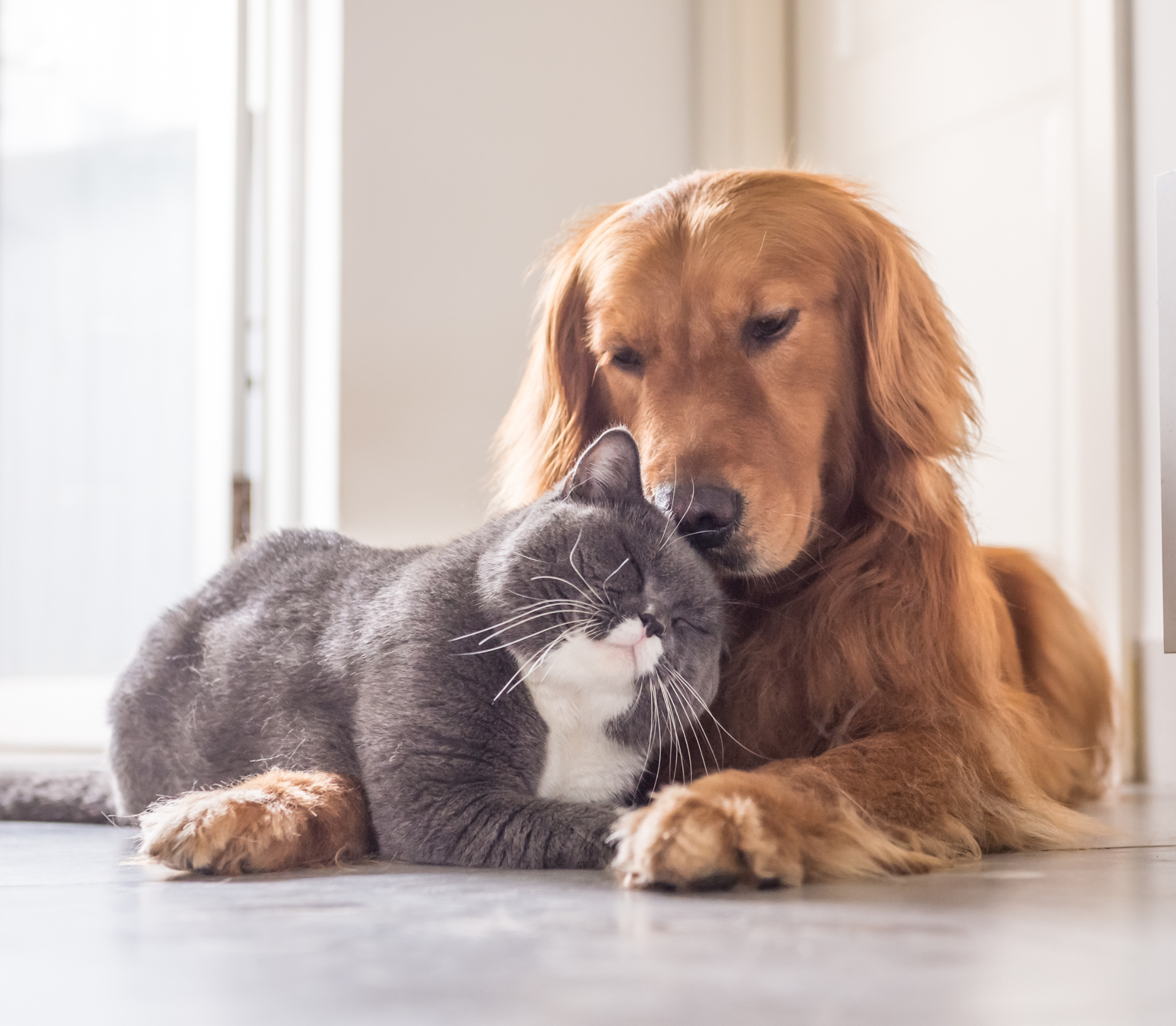4 Ukrainian Pet Charities
As the situation in Ukraine continues, stories are emerging of how pets are comforting their owners through these dark times. Many of the neighboring countries are allowing refugees to bring their pets with them. There are also some wonderful charities that are trying to help! A Washington DC vet lists some of them below.
Humane Society International
According to their website, the Humane Society International, or HSI, is ‘providing necessary support, including emergency funds, to the groups helping the Ukrainian people and the animals in their care, who have been devastated by Russia’s military invasion.’ Founded in 1991, HSI is the international division of The Humane Society of the United States. It’s active worldwide, and supports many different animal welfare activities and causes.
IFAW
As of their last website update, the International Fund For Animal Welfare, or IFAW, had over 1000 dogs in its care. The group was funded back in 1969, and was originally started to protect seals from being hunted. It has since grown into an international organization that helps animals all over the globe, from hippos and elephants from poachers in Africa to helping wildlife affected by the devastating wildfires of Australia a few years back. They’ve also provided money for providing refugees with hot meals.
Saved By The Vet
Normally, Saved by the Vet, or Do Good Romania, focuses on helping stray and abandoned pets in Romania. However, they’ve been doing all they can to help, and have been providing Ukrainian refugees (and their pets) with shelter, support, and care. They’re also providing supplies to other shelters in the area.
UAnimals
A Ukrainian animal rights organization, Uanimals is collecting and coordinating donations for Ukraine’s local shelters, and have already sent assistance to many of them. They are absolutely determined not to abandon the animals in their care!
Helping
As one can imagine, many of these organizations are stretched very thin right now. Several are set up to accept donations via Paypal or Patreon, while others have Amazon wishlists. A few have options for direct donations on their websites. However, because things are changing so quickly, it’s best to look up the most current information and needs. You could also help by donating to shelters in surrounding countries that are helping refugees and their pets.
Do you have questions about your pet’s health or care? Contact us, your Washington DC animal clinic, today



